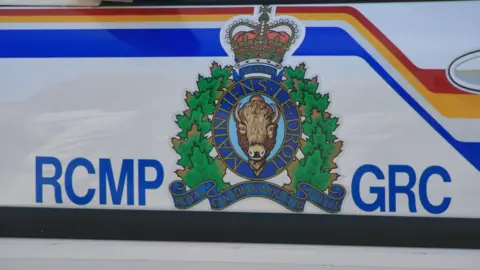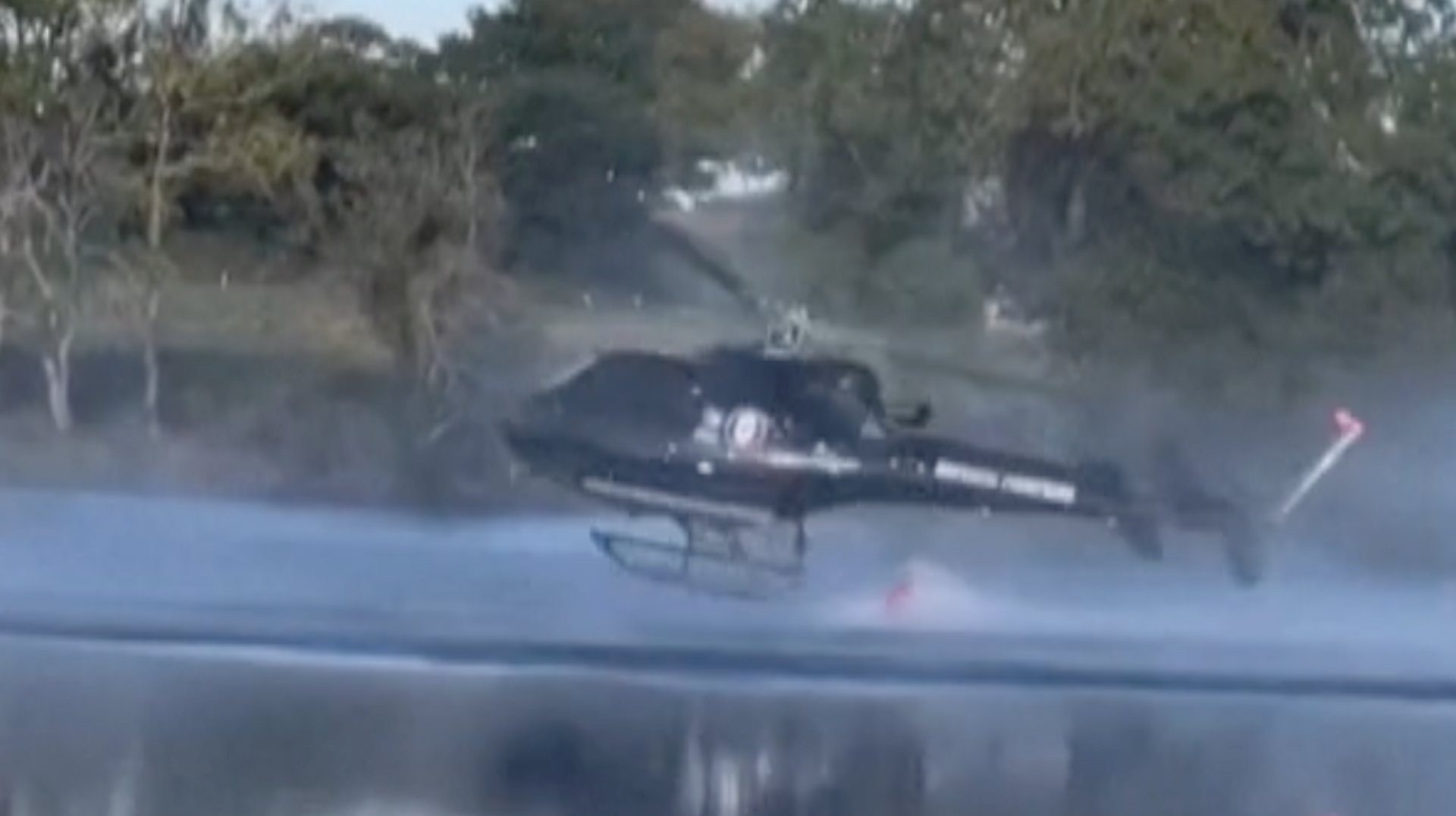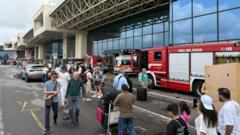In a somber escalation of the wildfire crisis, Manitoba has declared a state of emergency once again this year as over 100 wildfires rage across the province. With the land lost to flames surpassing 2.5 million acres so far, this year is on track to witness the largest destruction from fires since 1994.
Provincial officials disclosed during a press briefing on Thursday that at least a dozen of the active blazes are currently deemed out of control. Already, wildfires have become a defining feature of the summer in Canada, which typically sees such fires from March to October, but this year’s extreme temperatures are exacerbating the situation.
Most of the fires in the region originate from lightning strikes, and a severe thunderstorm warning for Winnipeg—Manitoba’s capital—could pose additional risks. Emergency services have issued mandatory evacuation orders for nine communities, including Snow Lake and the Garden Hill First Nation, where more than 4,000 people have already been forced from their homes.
Premier Wab Kinew emphasized the need for additional facilities to accommodate evacuees, who will be housed in Winnipeg’s Billy Mosienko Arena and RBC Convention Center. The provincial government has arranged for federal assistance, deploying an air force plane to aid in transporting those displaced by the crises.
American firefighters have also joined the battle against the wildfires, but the situation has sparked political tension. Kinew criticized U.S. Congress members, particularly from Minnesota and Wisconsin, for politicizing the issue as they called on Canada to combat the smoke and ash drifting into their states. “This trivialization of our struggles—when lives are at stake—turns people off from politics,” he stated.
Previously, Kinew had declared a state of emergency following wildfires that resulted in two fatalities and extensive evacuations across both Manitoba and neighboring Saskatchewan. The ongoing crisis continues to unfold, posing significant challenges for local communities and emergency management.
Provincial officials disclosed during a press briefing on Thursday that at least a dozen of the active blazes are currently deemed out of control. Already, wildfires have become a defining feature of the summer in Canada, which typically sees such fires from March to October, but this year’s extreme temperatures are exacerbating the situation.
Most of the fires in the region originate from lightning strikes, and a severe thunderstorm warning for Winnipeg—Manitoba’s capital—could pose additional risks. Emergency services have issued mandatory evacuation orders for nine communities, including Snow Lake and the Garden Hill First Nation, where more than 4,000 people have already been forced from their homes.
Premier Wab Kinew emphasized the need for additional facilities to accommodate evacuees, who will be housed in Winnipeg’s Billy Mosienko Arena and RBC Convention Center. The provincial government has arranged for federal assistance, deploying an air force plane to aid in transporting those displaced by the crises.
American firefighters have also joined the battle against the wildfires, but the situation has sparked political tension. Kinew criticized U.S. Congress members, particularly from Minnesota and Wisconsin, for politicizing the issue as they called on Canada to combat the smoke and ash drifting into their states. “This trivialization of our struggles—when lives are at stake—turns people off from politics,” he stated.
Previously, Kinew had declared a state of emergency following wildfires that resulted in two fatalities and extensive evacuations across both Manitoba and neighboring Saskatchewan. The ongoing crisis continues to unfold, posing significant challenges for local communities and emergency management.




















